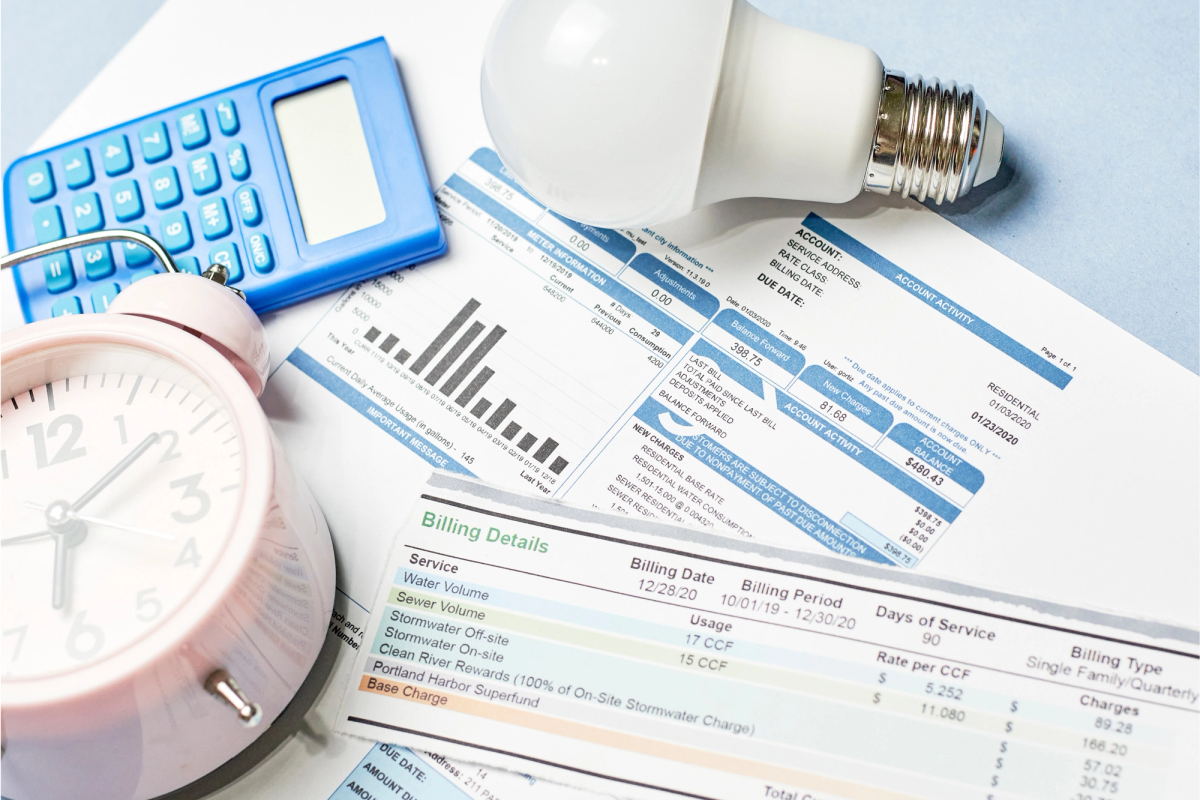High Utility Costs in the Netherlands

Introduction: More Than Just Rent
When moving to a new place, many people focus mostly on the rent. But in the Netherlands, monthly utility costs — like gas, electricity, and water — can add a significant amount to your total housing expenses.
If you’re an expat, international student, or young professional, understanding utility costs is essential for budgeting realistically and avoiding surprises.
Let’s break down what you can expect and how to stay in control.
What Are Utility Costs in the Netherlands?
In Dutch rentals, utilities are often referred to as “nutsvoorzieningen” and typically include:
Gas and electricity (via providers like Vattenfall, Eneco, Greenchoice)
Water (usually regionally supplied)
Heating (district heating or individual gas boilers)
Internet and TV
Waste collection and municipal taxes (in some cases)
Some rentals include all or part of these in the monthly price, while others require you to arrange and pay for them separately.
Why Are Utility Costs High?
1. Rising Energy Prices Across Europe
Due to recent global events, energy prices have increased across the EU. The Netherlands, where many homes still rely on gas for heating and cooking, has been impacted significantly.
2. Older Homes and Poor Insulation
Many Dutch buildings — especially in cities like Amsterdam, Leiden, or Rotterdam — are older and poorly insulated. This means higher heating bills in winter.
3. Unpredictable Billing
Some providers work with monthly advance payments, and you may get an annual settlement based on actual usage. If you used more than expected, you could face an unexpected bill at the end of the year.
What Can You Expect to Pay?
This varies depending on:
The type of property (apartment vs. detached house)
The location
Your usage habits
Whether the home has energy-efficient features
As a rough estimate:
A 1–2 person household in an apartment might pay €150–€250/month for gas, electricity, and water combined.
Internet and TV: €40–€60/month
Municipal taxes: €30–€50/month
These costs can be higher for larger homes or poorly insulated properties.
Tips to Manage and Reduce Utility Costs
Choose Energy-Efficient Homes
When using a platform like Huisly, check the Energie Label (energy performance certificate) of listings. A home with an A or B rating will cost less to heat and cool.
Ask What’s Included
When viewing a rental, ask:
Are utilities included in the rent?
Is there a fixed monthly service charge?
Will I need to register with providers myself?
Huisly makes this easier by showing listing details clearly, so you can compare options without confusion.
Monitor Usage
Once you move in:
Turn off lights and appliances when not in use
Use a smart thermostat to regulate heating
Wash clothes at lower temperatures
Compare energy providers yearly using Dutch comparison tools
Consider Flat-Rate Rentals
If you want predictability, some landlords offer all-inclusive rents with a set utility cost. These can be slightly more expensive upfront but offer peace of mind.
Furnished vs. Unfurnished: It Matters
Furnished apartments often include:
Energy-efficient appliances
Better insulation
Utility contracts already arranged
Unfurnished homes may require more setup and can be more costly in the short term. Use Huisly to compare both options from multiple platforms in one search.
Final Thoughts: Budget Smarter, Live Better
High utility costs are part of life in the Netherlands, but they don’t have to be overwhelming. With the right preparation and housing choice, you can manage your expenses — and still enjoy a warm, well-connected home.
Looking for a home that suits your budget and energy needs? Huisly lets you browse listings from Funda, Pararius, Kamernet and more — with filters for energy labels, furnished status, and rental types. Make smart housing decisions — all in one place.
Get the Huisly App!
Download our app for the best experience, instant notifications, and exclusive features for renters and buyers in the Netherlands.
Download the App